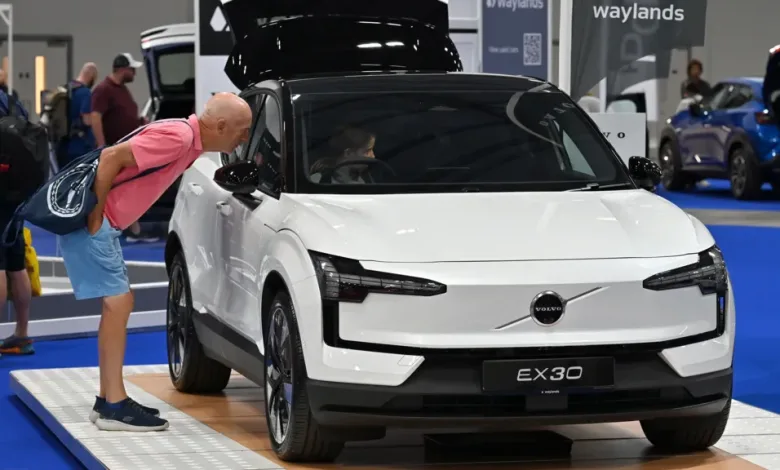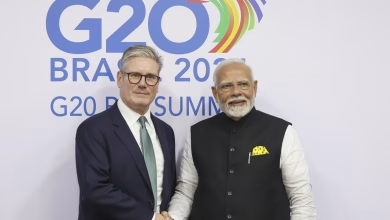Volvo Backtracks on All-Electric Target, Admits Hybrids in 2030

- Volvo Cars abandoned its ambitious goal of producing electric cars
- The company may sell a small number of mild hybrid vehicles
- The changing market dynamics have played a significant role
Volvo Cars, the Swedish luxury automaker, has abandoned its ambitious goal of producing only fully electric vehicles by 2030.
The company has acknowledged that market conditions have shifted, necessitating a more flexible approach to electrification.
In a significant departure from its previous stance, Volvo has announced that it now expects to have a mix of electric cars and plug-in hybrids accounting for at least 90% of its total output by 2030.
Additionally, the company may also sell a small number of mild hybrid vehicles, which offer limited electric assistance.
This decision marks a significant shift for Volvo, which has traditionally been a leader in promoting sustainable transportation.
The company joins other major automakers like General Motors and Ford who have also scaled back their EV ambitions in recent months.
The changing market dynamics, including a slowdown in demand for EVs in certain regions and uncertainties surrounding trade tariffs, have played a significant role in Volvo’s decision.
The company has emphasized that the transition to electrification will not be linear and that customers and markets are evolving at different paces.
Independent analysts have noted that consumers still harbor concerns about switching to EVs, citing factors such as the limited availability of charging infrastructure, higher costs, and the discontinuation of government subsidies.
The imposition of tariffs on Chinese-made EVs in Europe and North America has further complicated the market landscape.
Volvo’s majority ownership by Chinese automotive giant Geely, coupled with its manufacturing operations in China, makes it particularly susceptible to the impact of these tariffs.
The company’s decision to maintain a small percentage of hybrid vehicles in its lineup aligns with the broader industry trend of adapting to evolving market demands and economic realities.






